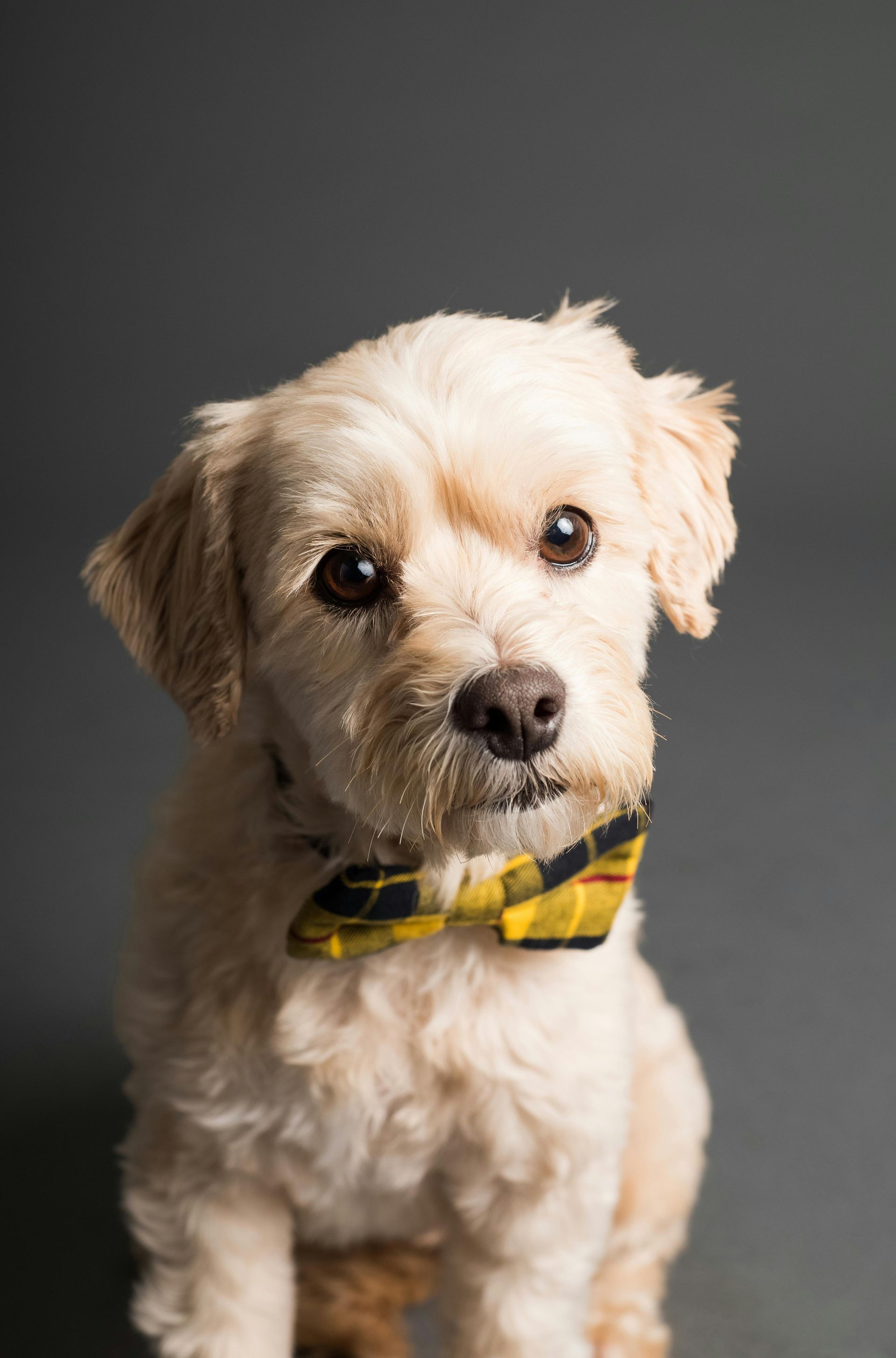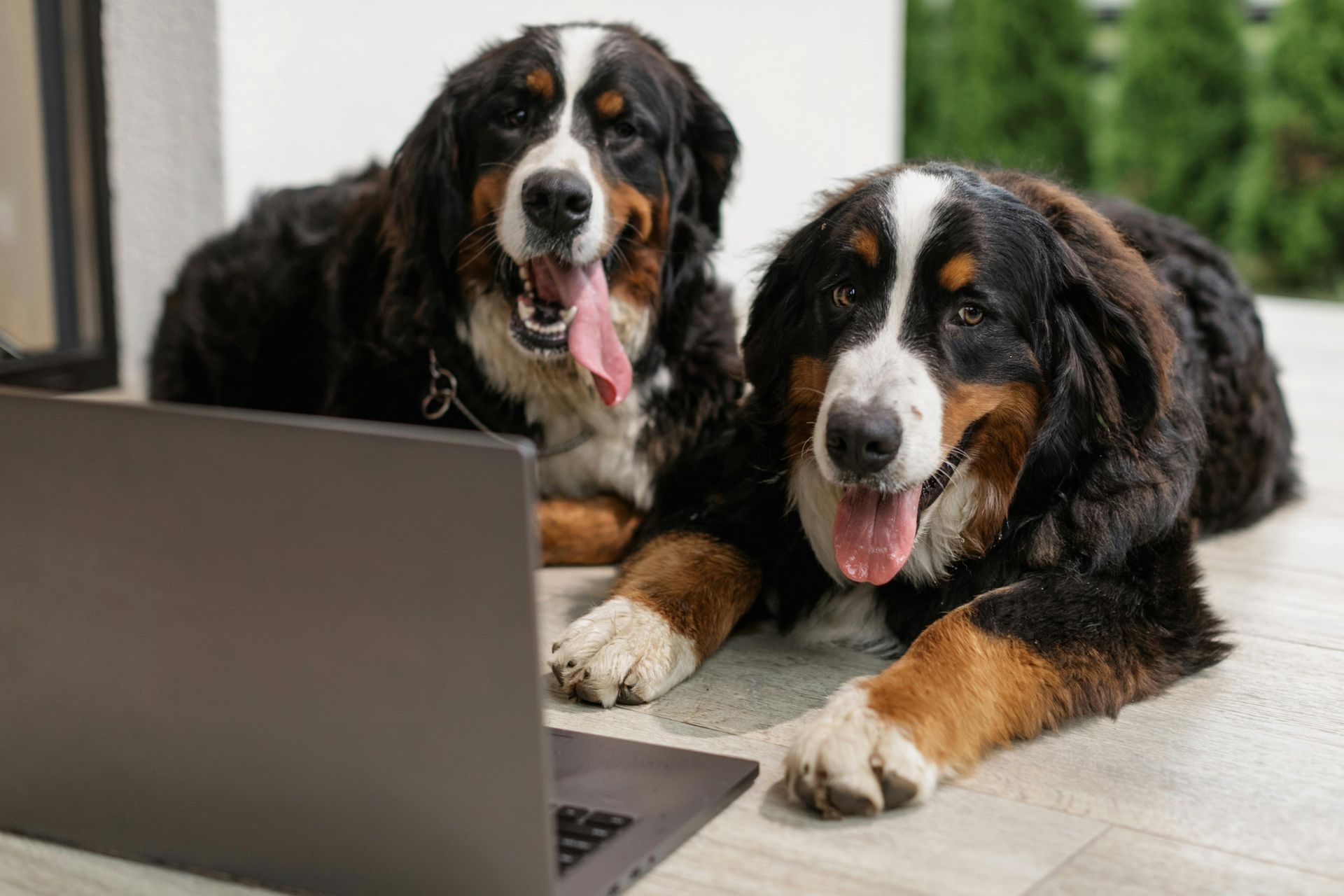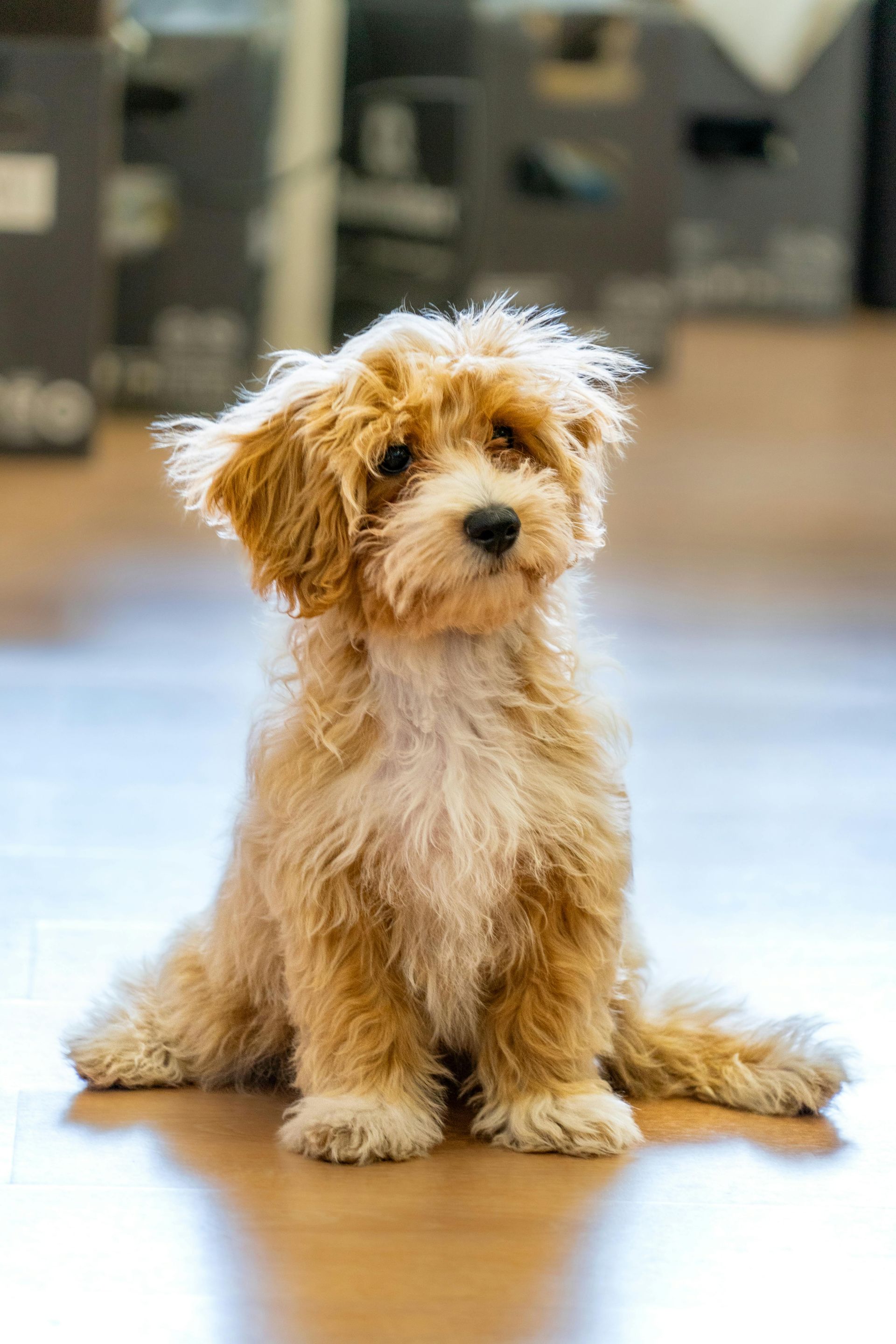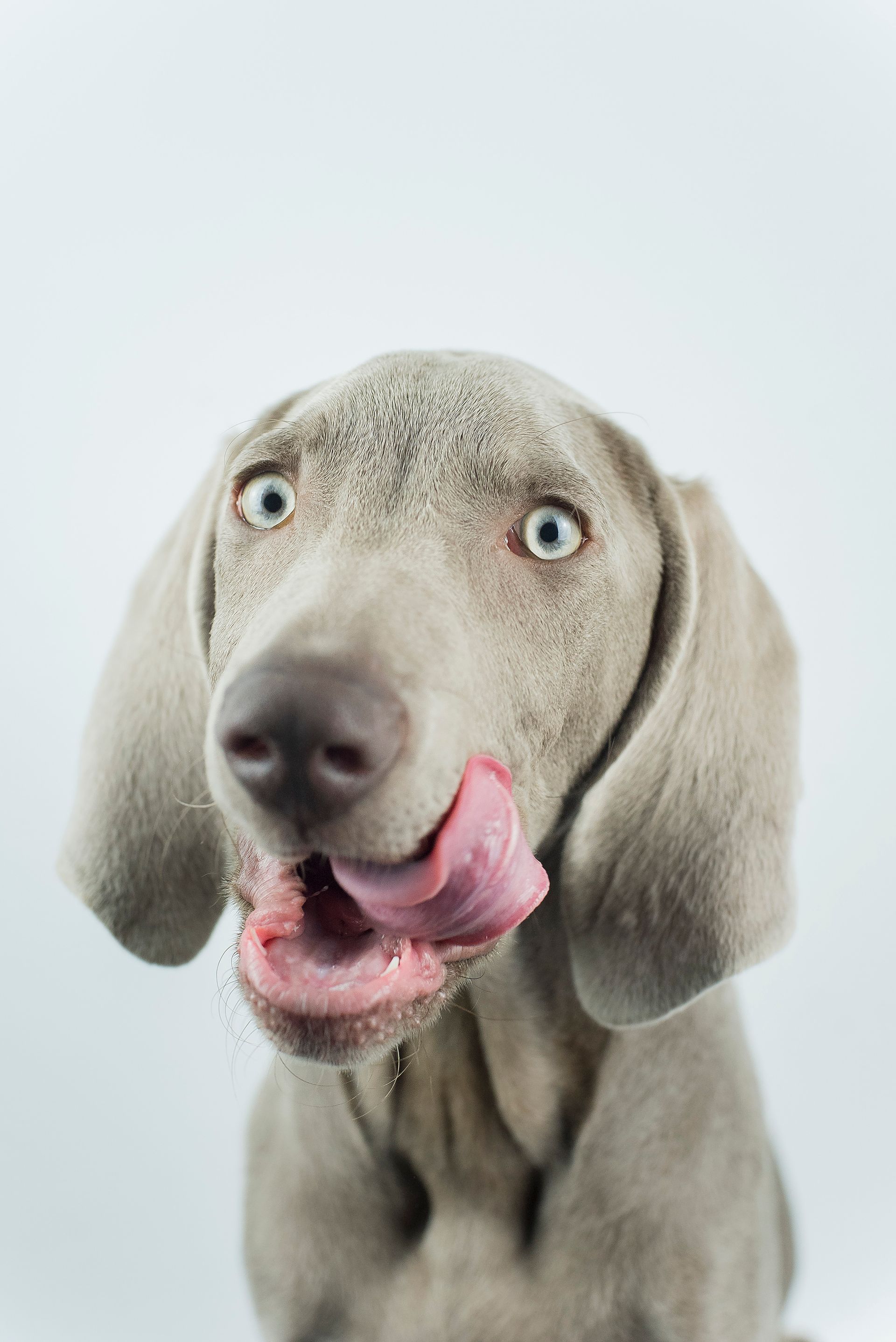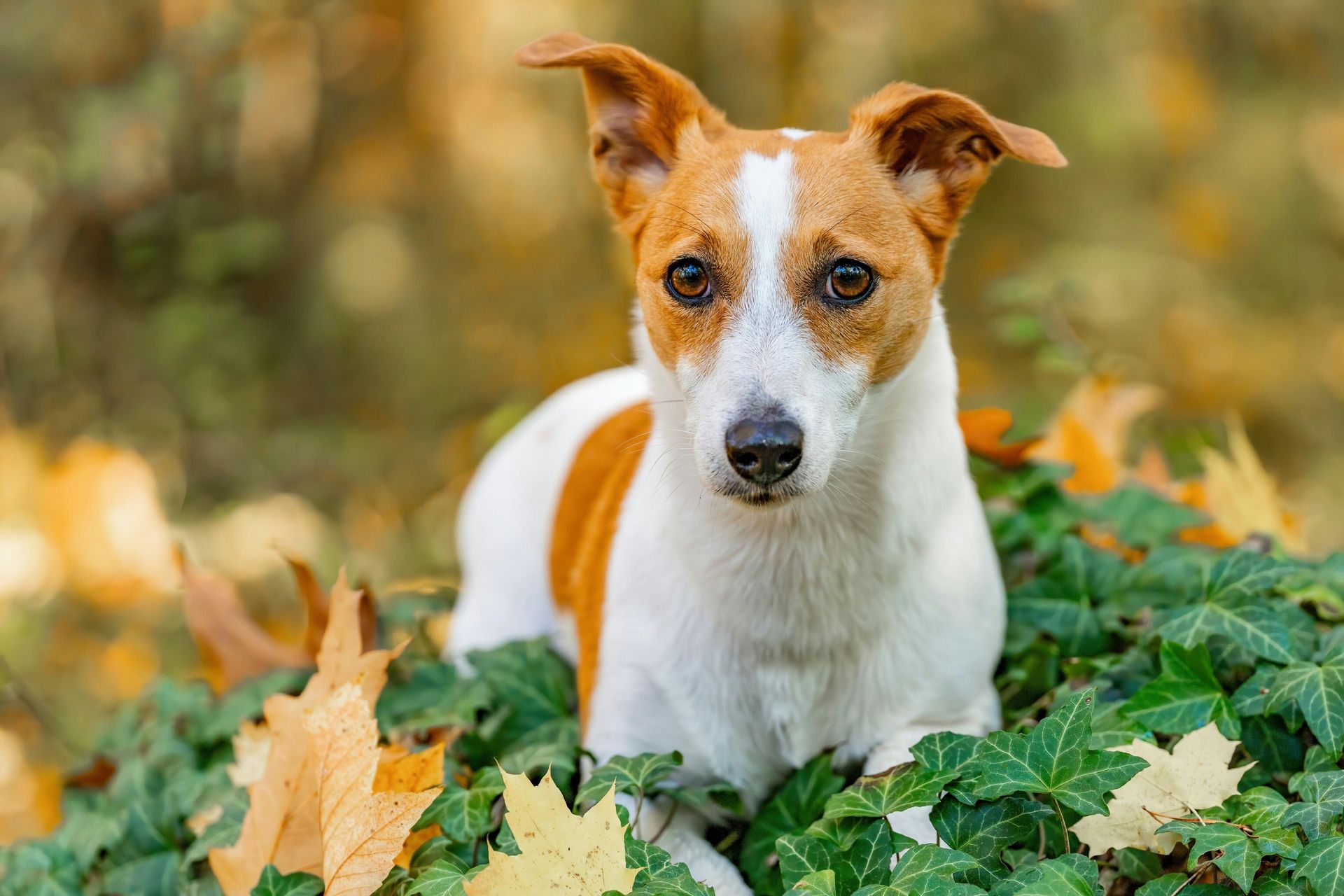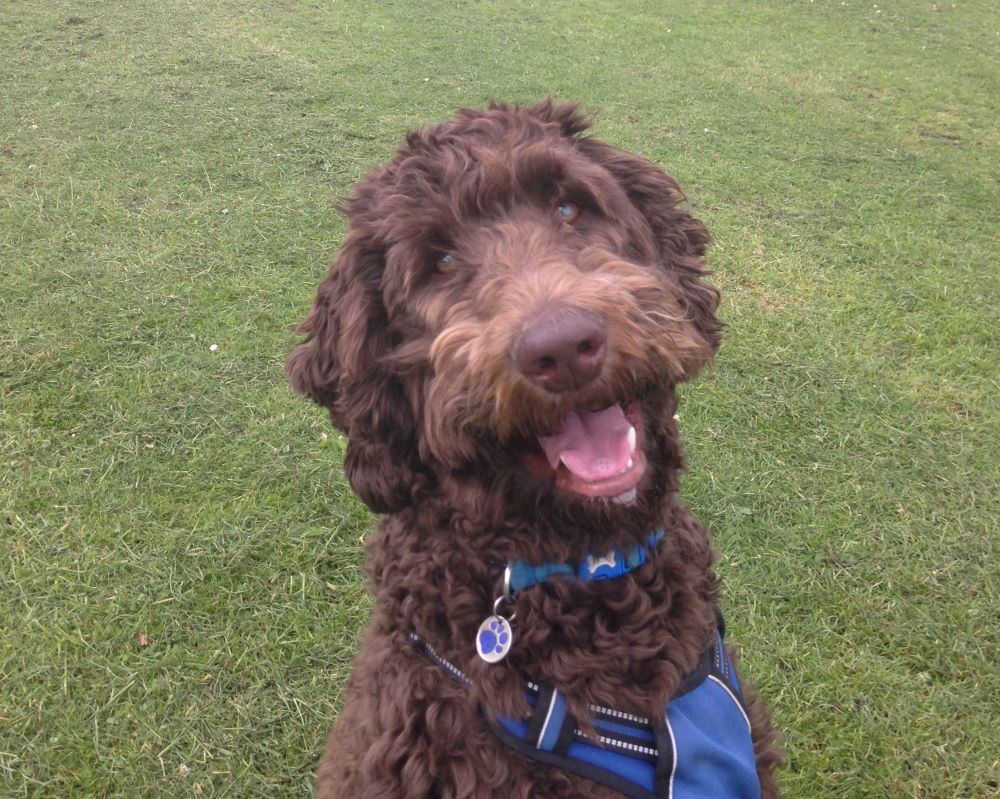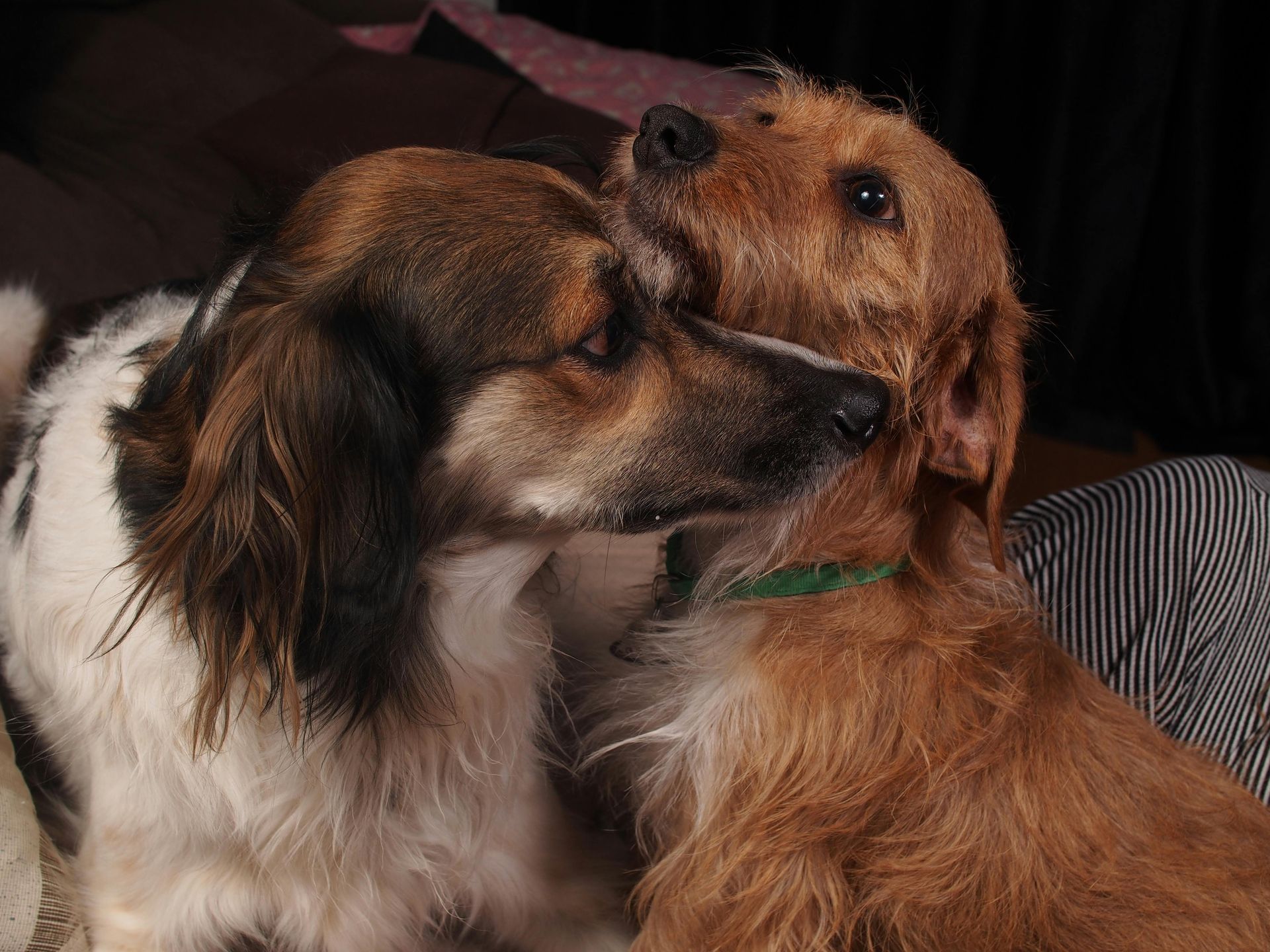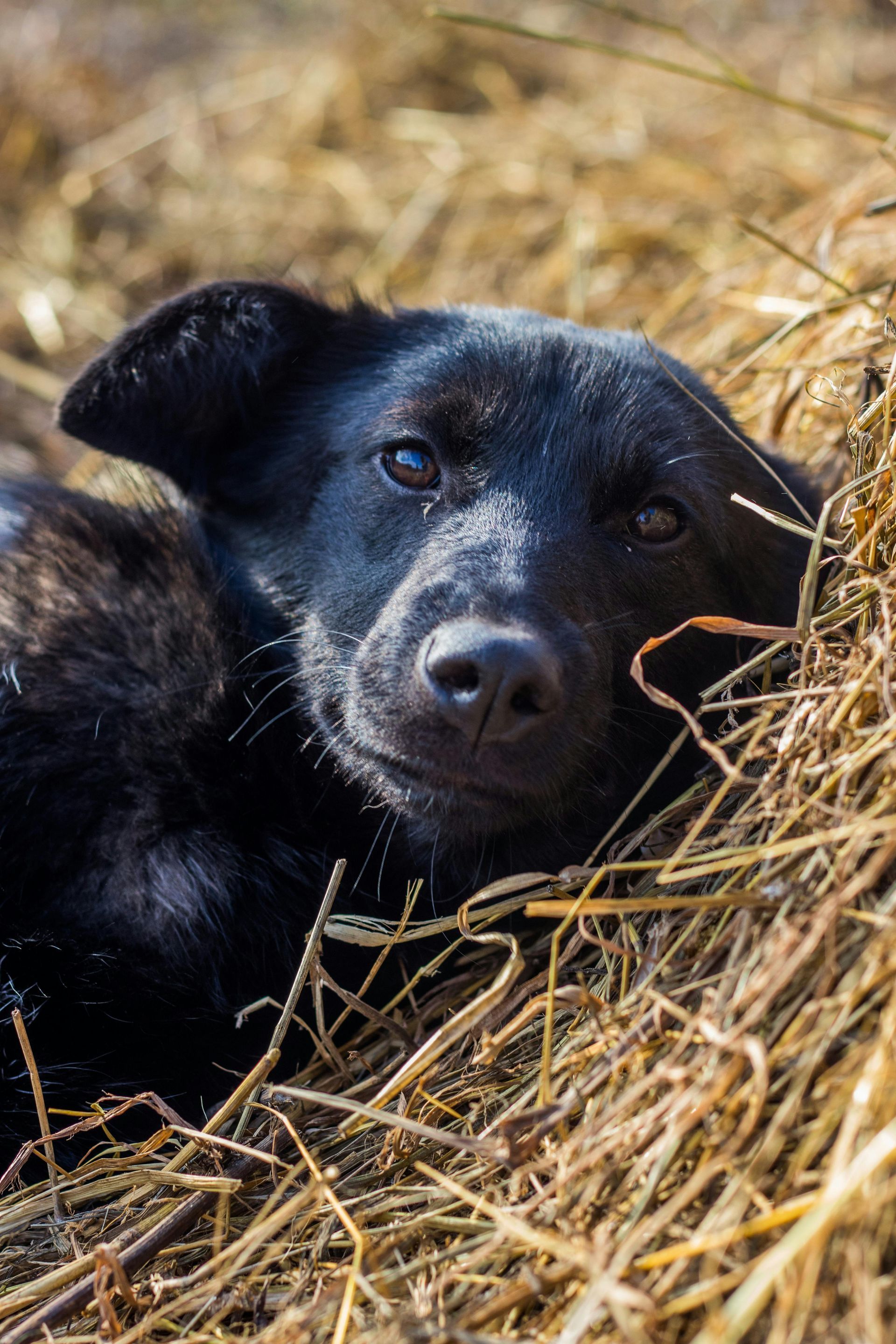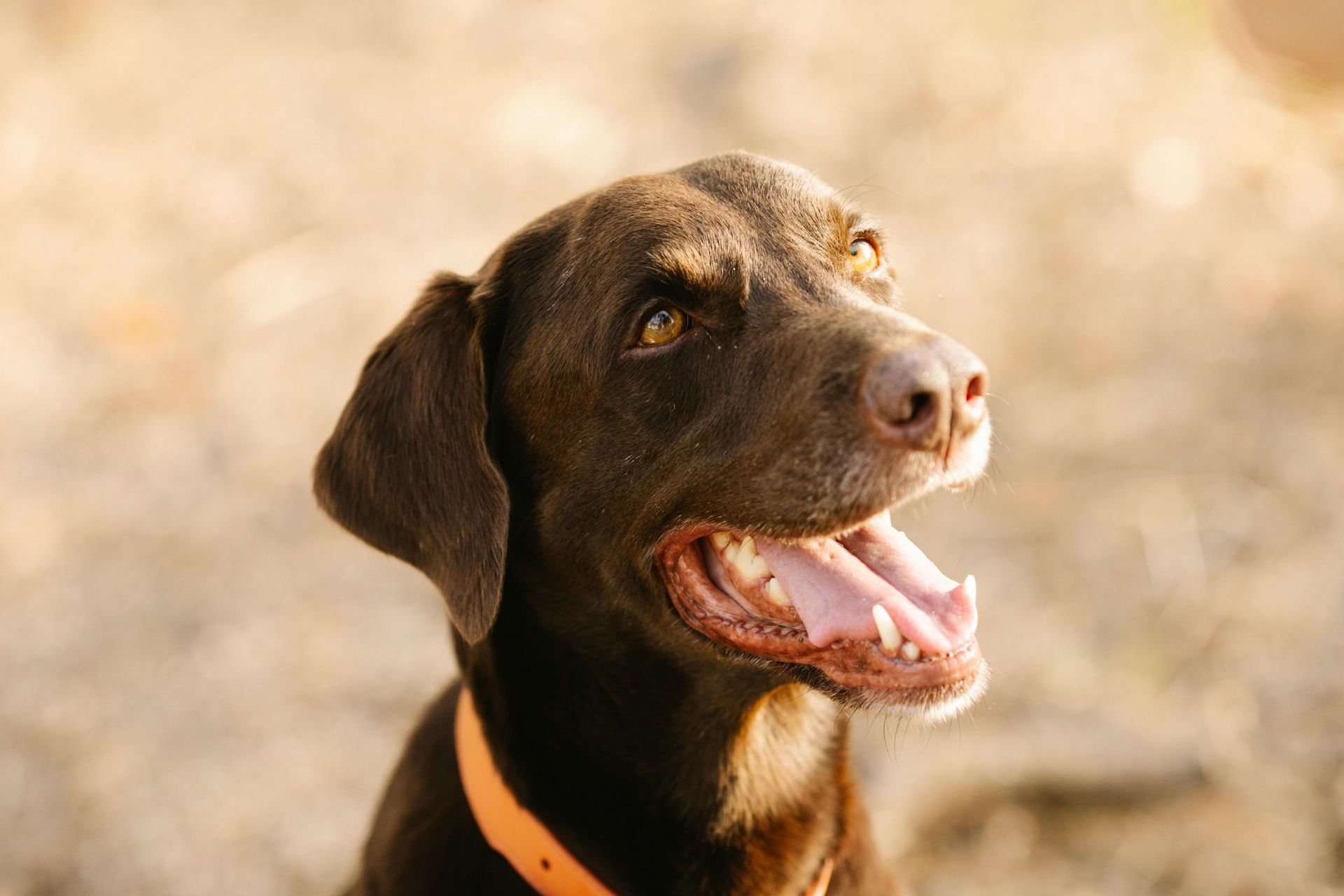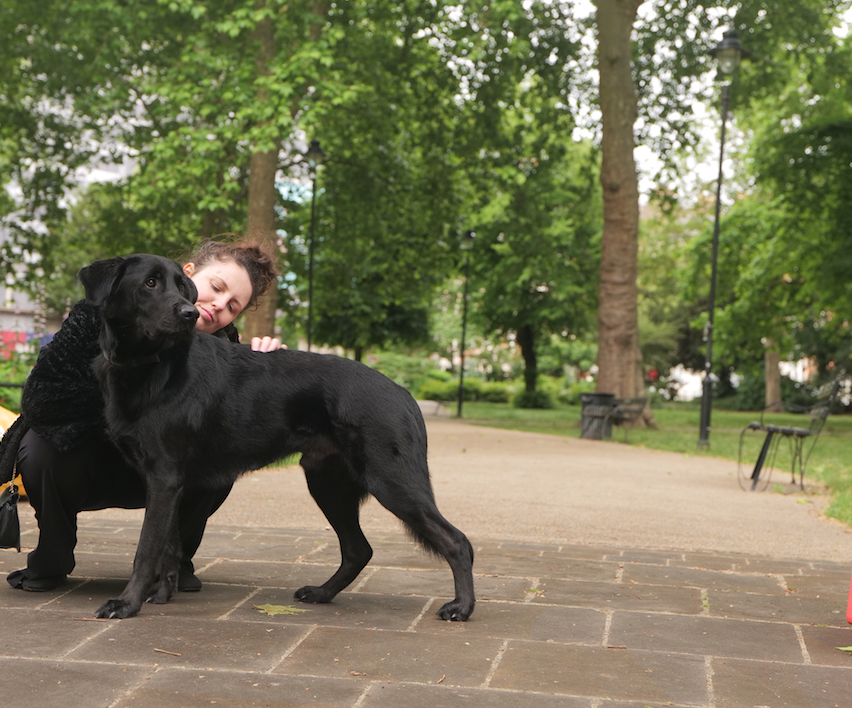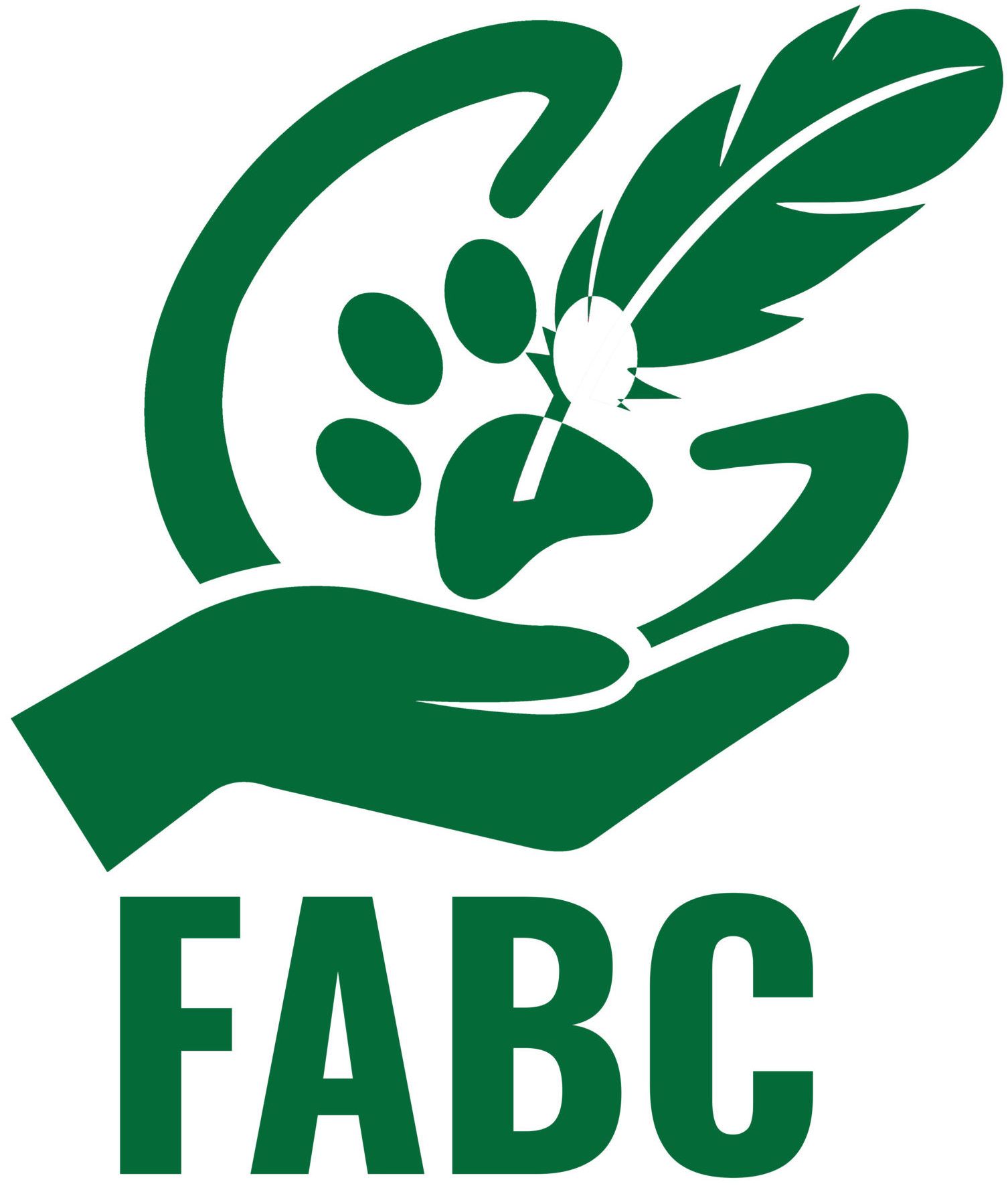When you bring your puppy home for the first time
You’ve set your house up to make sure it’s safe for your puppy. You have all their toys, treats, beds and bowls ready and they have been snuggled up for most of the day.
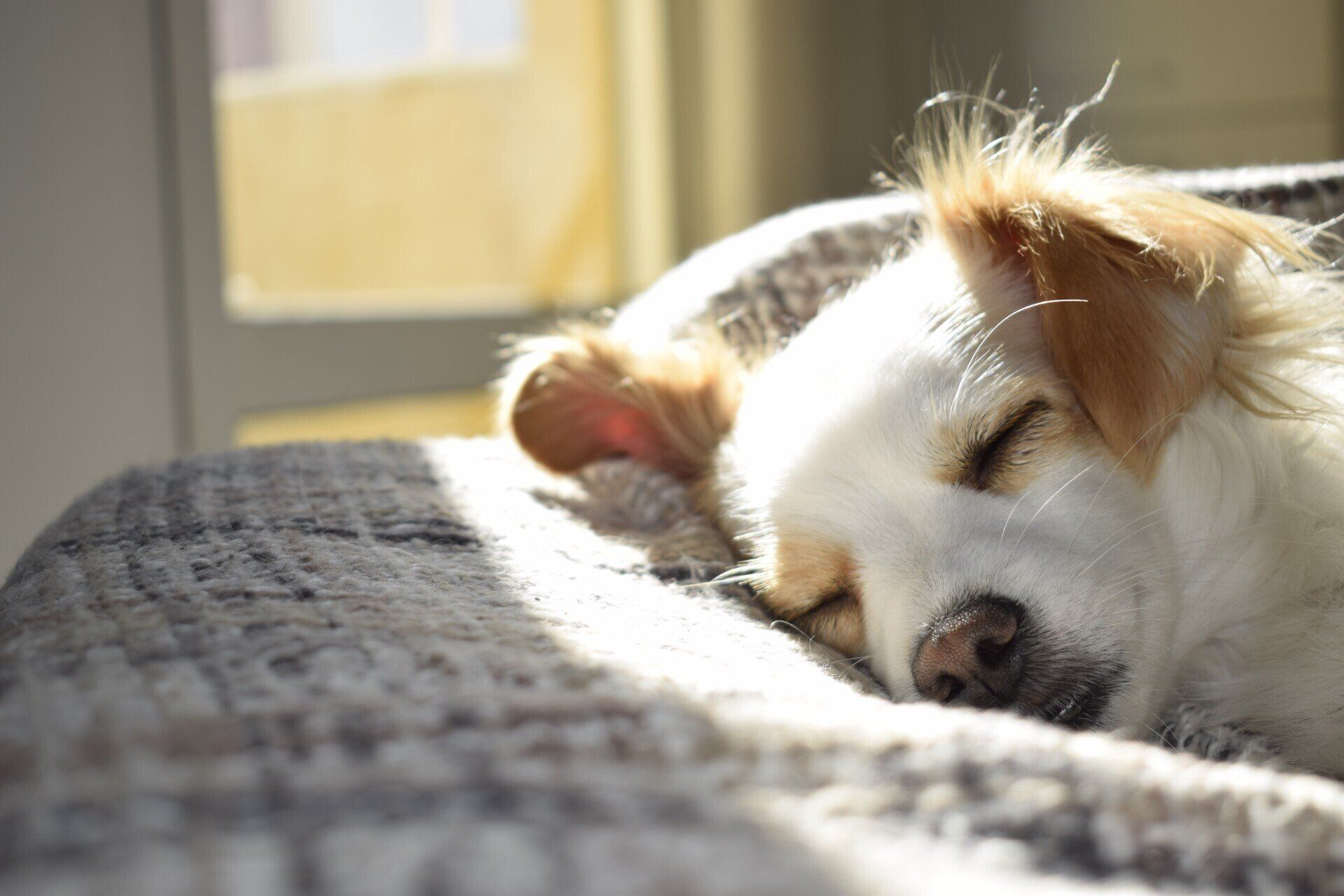
What should you do?
It’s mindful to remember that your puppy is in a brand new environment. They are away from their mother and their litter mates. There will be new smells, sounds and things to see. Allowing a puppy to settle and not have lots of attention is important.
Ask for a toy that the puppy had in their maternal home and bring this with you.
Ensure their bed is warm cosy and comfortable. Allow your puppy to have time in the bed when they are at home with you in the day so they associate this spot with sleep. Make sure the bed is not in an over stimulating places such as opposite a window or where everyone walks past. I recommend a pen around their crate.
You can purchase microwavable heated pads specifically for puppies and this can help them feel cosier in their new bed.
Where should your puppy sleep at night?
I hear a lot of people saying that it is dangerous to allow a puppy to sleep in their room. This isn’t true! Having you close by will help a lot of puppies relax in the early days. You can then transition to them sleeping in the hall or downstairs in stages.
What about if my puppy is crying at night?
A high pitched distress cry is a sign a puppy is worried. It can be detrimental to your puppy to leave them to cry and can potentially result in them losing control of their bladder and go in to panic mode.
Access to water
A puppy should always have access to water – imagine not being able to grab a drink if you wanted one. Water bowls can be attached to crates to avoid spillages.
Exercise for your puppy
Sniffing, running and playing will help make sure your puppy is well rested for bed. Avoid rough and tumble games as they can overstimulate your puppy and make it harder for them to rest. Don’t play with your puppy in their bed – we want them to associate this spot with sleep.
Toilet training for your puppy
Your puppy will need to go to the bathroom before bed and through the night, as they have small bladders.
References
Adapted from an article in Sarah Whitehead's Inner circle.
